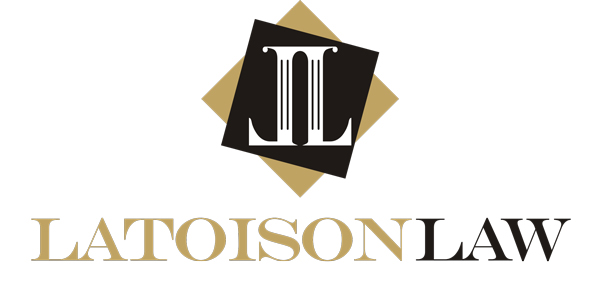A majority of Pennsylvania drivers are not aware of their rights if their license is suspended. We can help in figuring out how to get you driving legally as quickly as possible, through an OLL or otherwise. The following are some other ways we can get your license restored for you.
- People can appeal against conviction even if it occurred long time ago. Late appeals are quite effective because they help to remove all the suspensions from the driving record.
- Department of transportation plays a very important role in reviewing the suspension of the licenses in Pennsylvania. Administrative hearings are conducted to accomplish the task and they also provide credit time to the users. With the help of above process it is possible to restore your driving license but it should be handled in an effective manner.
- Drivers who are out of state have found out that their licenses are being suspended because of the presence of old tickets in Pennsylvania. National driver registry notations contain inform about the tickets being given to the drivers. We provide impeccable consultation to restore the license of out of the state drivers in Pennsylvania. Although the process is complex, our experts are quite capable of achieving the objectives.
- Senior citizens might witness recall of their driving license owing to some medical conditions. It might happen that recall would have been issued to you based on the report of the doctor. Appeal can be made in the court of law and the suspension could be revoked.
- There are issues where a person cannot get the License in a different state because of the suspension in Pennsylvania many years ago. We have handled the case through the experts and got the suspension overturned. The person didn’t need to visit PA and whole job was a complete breeze.
- Majority of people who get their licenses suspended cannot drive but they need to go to work, travel to college and complete other miscellaneous tasks. There are different processes of hearing, credit and corrections using which it is possible to expunge the suspension.
Some issues regarding ignition interlock:
Ignition Interlock is required for some people suspended pursuant to a DUI conviction. All vehicles should have an improved interlock system installed on the vehicle before the driver can apply for a license.
- Ignition interlock is a device that does not allow individuals from starting the vehicle if they are drunk. The driver has to blow air into the device before handling the car. It acts as a safety valve and prevents people from getting tickets.
- Prior to installation of the gadget, a person has to receive an application form. PennDOT will email the restoration letter along with interlock ignition form. It is the duty of the individual to complete the application and send to the concerned organization.
- If a person has experienced more than one DUI violations, it is time to contact the ignition interlock installation center. The DL-21 SC form should be completed whether or not you own a vehicle.
- Once the device has been installed, information will be automatically sent to the administrative authority. Persons who need to drive a vehicle for employment should complete the form called DL-3805. This affidavit plays a crucial role in allowing such persons to drive an employment vehicle which doesn’t have ignition interlock.
Many people find us through an online search. You may have found us by searching: License restoration PA, PA license suspended, occupational limited license, PA suspended driver’s license, pa dui license suspension or other similar terms.
We look forward to defending your rights, regardless of how you found us. Call Enrique today!
